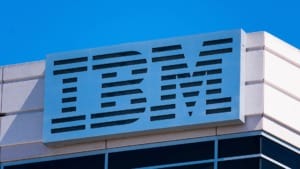Google reportedly cancels Pixel Tablet 2 and exits tablet market again
Google cancels the Pixel Tablet 2, signalling another exit from the tablet market. Poor sales and competition from Apple may be to blame.
Google is reportedly stepping back from the tablet market once more, cancelling the much-anticipated second-generation Pixel Tablet. This decision has created confusion, as earlier reports suggested it was the third-generation Pixel Tablet facing the axe.
Android Authority claims the second-generation device has been cancelled, indicating that Google is likely exiting the tablet business again. This marks a repeat of history, as the company abandoned tablets in 2019 to focus on Chromebooks.
Poor sales may be behind Google’s move
The decision to shelve the Pixel Tablet 2 likely stems from disappointing sales of the first-generation Pixel Tablet. After its launch last year, the device struggled to significantly impact a market dominated by Apple and a growing selection of high-performing Android alternatives.
Apple’s iPad remains the clear leader in the tablet space, bolstered by a strong lineup that includes the iPad Pro, iPad Air, and iPad mini. Meanwhile, Android tablets have seen renewed interest, with Samsung’s Galaxy Tab S10 Ultra and Tab S10+, Xiaomi’s Pad 7 series, and OPPO’s Pad 3 Pro making waves.
This resurgence among Android brands contrasts sharply with Google’s inconsistent tablet commitment. When Google exited the market in 2019, it focused on its Chromebook line, leaving a gap that competitors quickly filled.
What does this mean for Android tablets?
The Pixel Tablet 2 was expected to launch next year, with many hoping it would improve on its predecessor and compete more effectively with rival devices. However, its cancellation raises questions about Google’s strategy and commitment to hardware innovation.
For companies like Samsung, Xiaomi, and OPPO, Google’s exit could be an opportunity to solidify its position in the Android tablet market. However, it also leaves a leadership void in the Android ecosystem, potentially impacting tablet development and software optimisation.
While Android tablets are seeing a resurgence, Google’s withdrawal might signal challenges for the platform’s future. Whether this decision is final or just another temporary retreat remains to be seen.
















